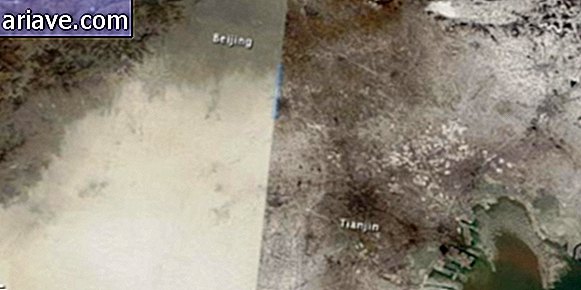Nearly 90,000-year-old finger is found in a place where it should not be
The current consensus is that our species emerged about 300, 000 years ago in Africa and that migration from the African continent to Europe, Asia and the Middle East occurred between 40, 000 and 60, 000 years ago - with our ancestors following the line. until finally leaving for new territories. However, several fossil discoveries made in recent years have put this consensus in check.
New discovery
The most recent was announced only a few days ago and consists of a human finger that was found in the Al-Nefud Desert, which is located on the Arabian Peninsula. More specifically, the discovered fragment is only three centimeters long and has been identified as one of the middle finger bones of an individual of the species Homo sapiens - that is, of our species.

But most interesting is that scientists have established that this little finger is between 85, 000 and 90, 000 years old. This means that considering the current consensus on how the first humans migrated from Africa, this bone should not be in Al-Nefud - in the middle of the desert in the heart of Arabia.

Basically, the discovery of the finger fragment suggests that the migration of our ancient ancestors not only happened much earlier than previously thought - thousands of years before! - as it was more complex, since apparently humans not only did not go exclusively along the African shoreline, but seem to have left the African continent in several successive waves over 120, 000 years or so.

The discovery was announced by a team of archaeologists and anthropologists led by paleoarchaeologist Huw Groucutt of the University of Oxford in England. The team spent more than ten years scouring the desert sands - which was chosen as the focus of the work because it was an area covered with vegetation, lakes and wildlife. Scientists believed the possibility that our ancestors might have crossed this (then) fertile territory, and the finger fragment they found seems to confirm this suspicion.











